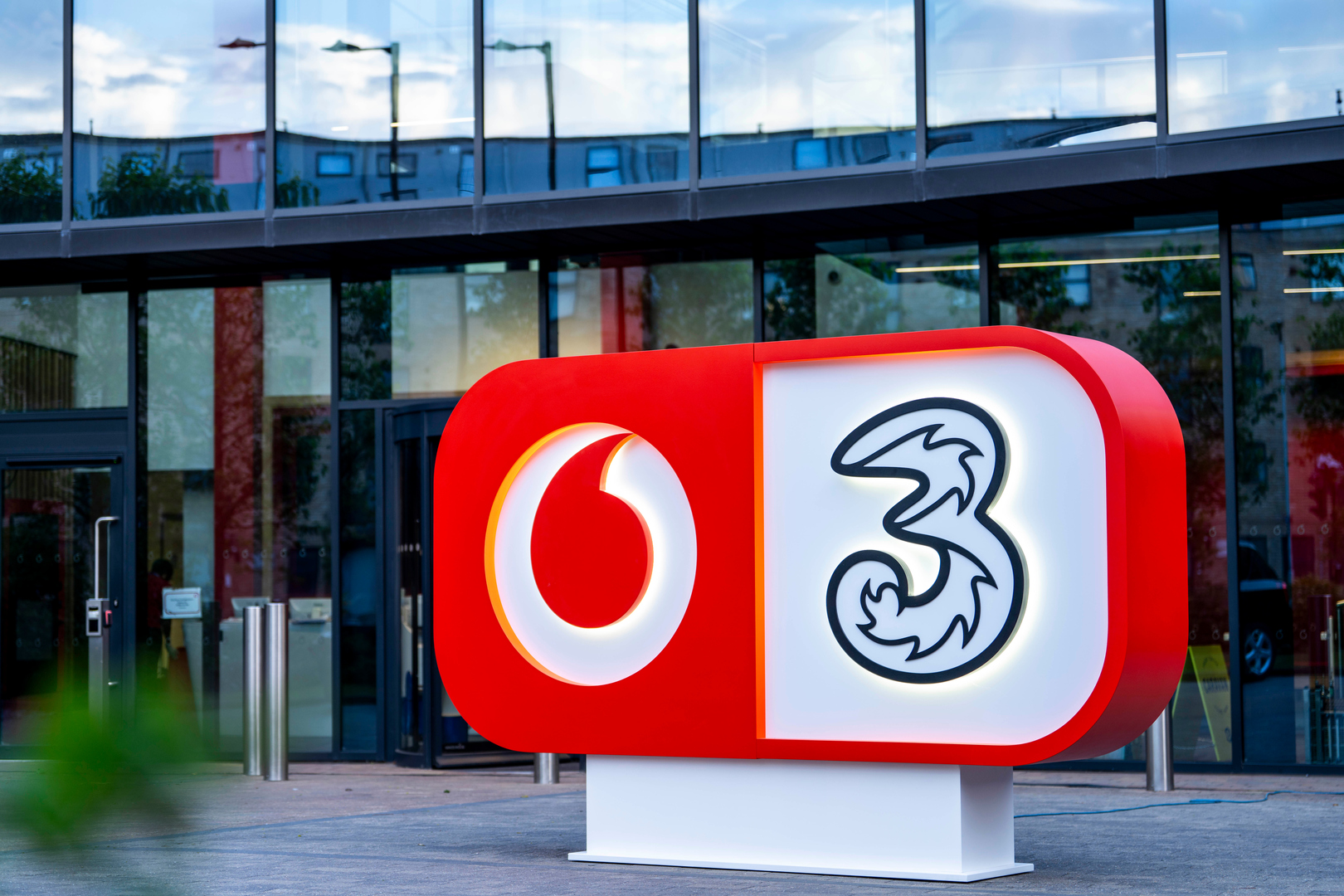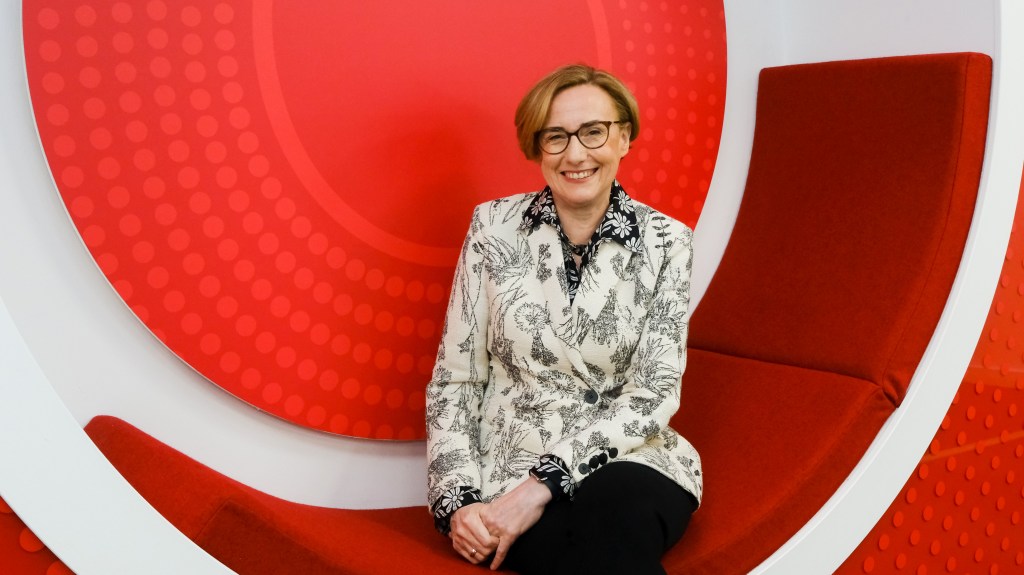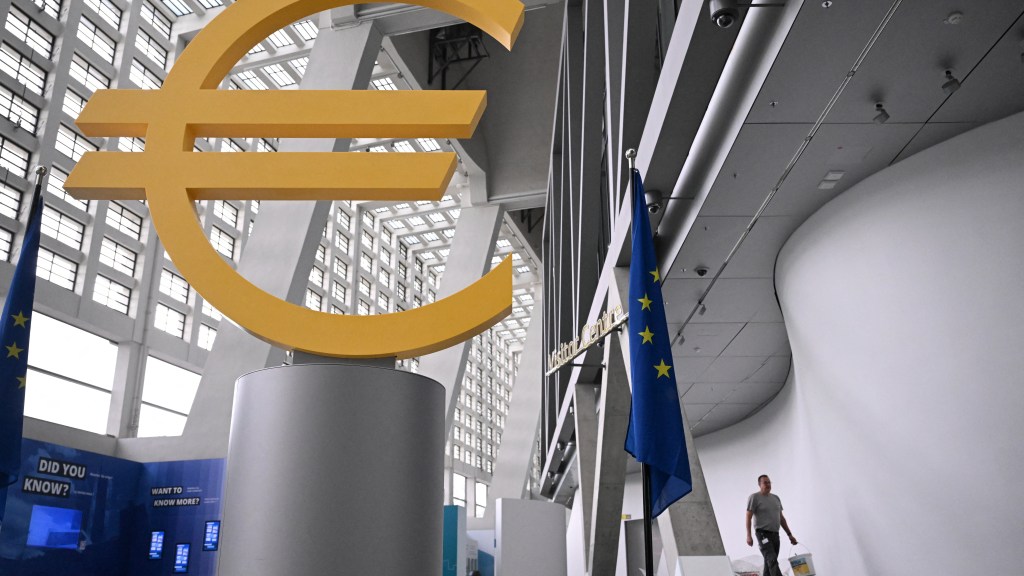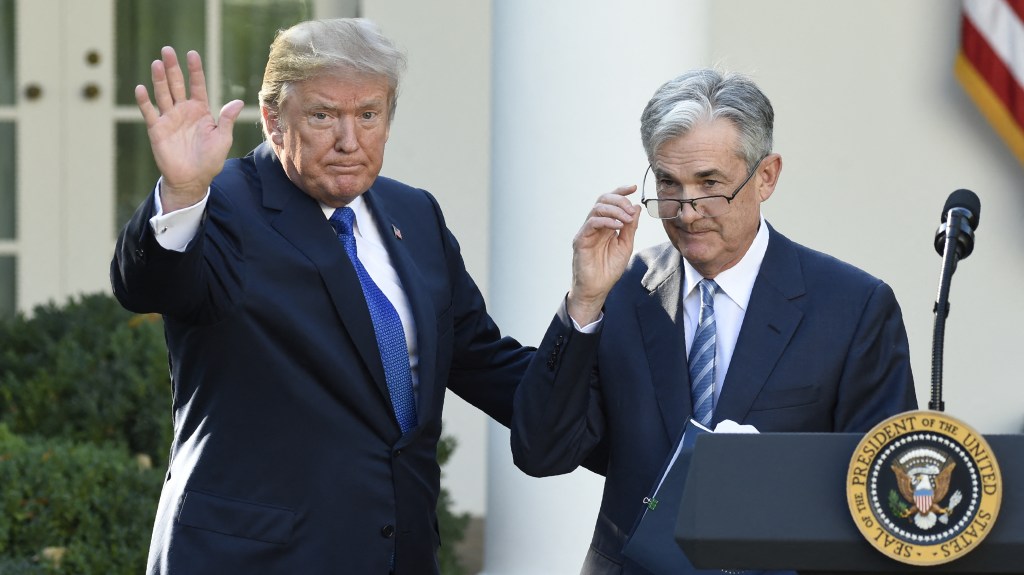Investor Doubts Persist Despite VodafoneThree’s Market Leadership
At the Deloitte and Enders Media and Telecoms and Beyond conference last week, Vodafone CEO Margherita Della Valle described the finalized £16.5 billion merger with Three in the UK as “a dream come true.”
This significant merger marks a pivotal moment in the restructuring of the FTSE 100 telecommunications giant since Della Valle assumed the permanent CEO position in late 2023, raising hopes that European regulators might embrace consolidation more readily.
However, skepticism among investors remains, as Vodafone’s share price hovers near a 30-year low. While the strategic focus on scaling up is deemed logical, analysts question whether this merger will provide the much-needed boost to top-line growth that has eluded both Vodafone and its competitors. Additionally, issues in its crucial German market persist.
The merger with CK Hutchison’s Three will establish VodafoneThree as the largest mobile operator in the UK, surpassing BT’s EE and O2, encompassing 27 million users within the UK network.
By eliminating duplicate operations, the company anticipates achieving annual synergies of approximately £700 million, including potential job reductions. Spreading fixed costs across a larger customer base is expected to improve investment returns. However, defining the magnitude of possible revenue gains presents a challenge.
As part of the regulators’ approval for the merger, Vodafone committed to investing £11 billion over the next decade, with £1.3 billion allocated for this year towards enhancing network capabilities and improving 5G coverage, areas where the UK and Europe trail behind other leading economies. The aim is to attract customers through promises of superior network quality and speed.
David Wright, head of European telecoms equity research at Bank of America Global Research, stated, “On paper [the network] should be the best if they manage to combine all the footprint and optimise the spectrum successfully.”
Despite this potential, the competitive mobile market makes it “relatively unproven” whether operators can significantly increase revenue by persuading customers to pay a premium for enhanced services or additional products. Wright emphasized the necessity for telecommunications to transform customer perceptions from viewing services as mere utilities to recognizing their essential value in daily life.

A key opportunity lies in attracting mobile virtual network operators (MVNOs), such as Tesco Mobile and Sky, which market mobile services without operating their own networks. Historically, Vodafone and Three have underrepresented this segment, hosting merely 10 percent of MVNOs in the UK. Enhanced network capacity could potentially alter this dynamic.
James Ratzer, an analyst at New Street Research, noted that capturing a market player like Sky would significantly influence growth. He highlighted Vodafone and Three’s improved spectrum position and their commitment to Ofcom to enhance the network quality.
While MVNOs have aggressively competed on prices due to not maintaining their own infrastructures, some analysts believe this could change as they seek profitability. Matt Howett, CEO of Assembly Research, remarked, “Even they are realizing they have to make some money. They’ve ceased being overly aggressive on pricing.”
Della Valle asserted that “there is room for everyone” in the telecom sector, attributing challenges more to a lack of scale than price competition among European telecommunications companies.
However, Ratzer pointed out that Vodafone has historically achieved considerable scale in key European markets like Germany and previously in Spain and Italy, noting, “Have they been able to show that in Europe being just a bigger operator has given them margin advantage? No, not at all.”
The company faces significant hurdles in Germany, impacted by legislative changes that necessitate the unbundling of services provided by landlords to tenants, resulting in a 6 percent decline in organic service revenue in the fourth quarter and 6.2 percent over the second half of the year.
Vodafone has expressed optimism for a return to overall growth this year but has not provided specific projections for when profits might follow.
Delays in recovery within Germany arise from intensified competition in the mobile sector, which VodafoneThree believed might alleviate pressures from legislative adjustments.
Despite challenges, Vodafone highlighted that two-thirds of its operations, including those in Africa and Turkey, are experiencing growth, which it anticipates will facilitate profit increases this year—sustainability of this growth remains uncertain.
Analysts warn that while growth from emerging markets has been promising, it often incurs lower valuations compared to revenue generated in Europe. Ratzer remarked, “There will be the [earnings] growth, but a lot of it is coming from Vodacom and Turkey. Investors have serious questions and doubts about how sustainable that growth is in euro terms, especially given the high inflation risks in Turkey.”
Vodafone could also unlock value through the potential sale of non-core assets, such as its 50 percent stake in the Dutch joint venture VodafoneZiggo with Liberty Global. Ratzer noted, “There is actually a kind of hidden value there that the markets may not be giving them credit for.”
Realizing profitability benefits will take time, as cost savings are not expected until the fifth year post-merger completion and will coincide with a €200 million cashflow decrease this year linked to network integration. Nonetheless, Vodafone has sufficient cash flow and a healthy balance sheet to support the merger integration without threatening dividends or buybacks, according to Wright.
Following several missteps, Vodafone must demonstrate that it can leverage its newly established market dominance to achieve the sustained growth that has long been elusive in the telecommunications sector.




Post Comment